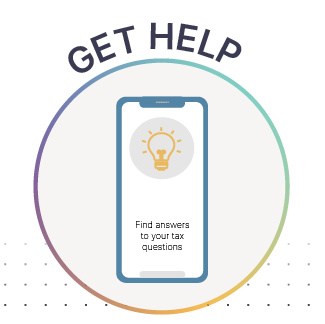Inaccurate or misleading information is easily shared on social media, and that includes posts about what you can or cannot claim on your tax return.
For more information about what to watch out for on social media, visit our Protecting Yourself From Social Media Scams and Identity Theft get Help Page.
This tax season, there are many dubious social media posts out there, so please beware. One example includes enticing posts targeting pet owners that claim that the IRS is allowing deductions on tax returns for pets. Remember, if it sounds too good to be true, it usually is.
Can I write off my pet as a tax deduction?
Generally no, you cannot write your pet off as a tax deduction. There are specific criteria that the IRS uses to determine whether or not your pet can qualify as a tax deduction. Simply being an emotional support animal is not enough; they must be specially trained to help you cope with a physical condition.
Generally, the IRS is looking for:
- Dogs who guide those with blindness/low vision;
- Those who are deaf or hard of hearing;
- Those that pull a wheelchair;
- Dogs that can carry and pick up things for people with a mobility impairment;
- A seizure alert dog;
- Calming a person with Post Traumatic Stress Disorder; or
- The IRS also classifies dogs exclusively as service animals, meaning there is nothing else that can be claimed as a deduction.
If you have more questions about this, talk to a qualified tax professional. You can find a list of credentialed preparers here.








